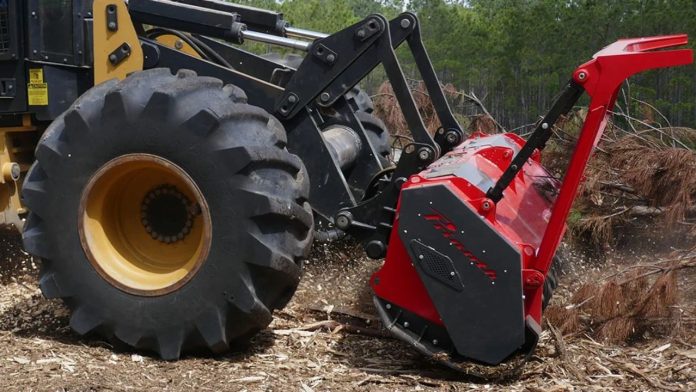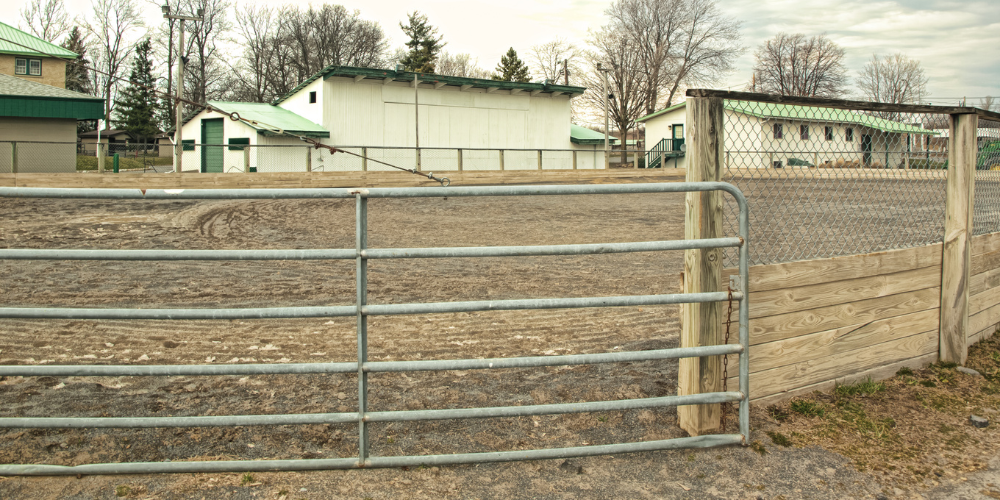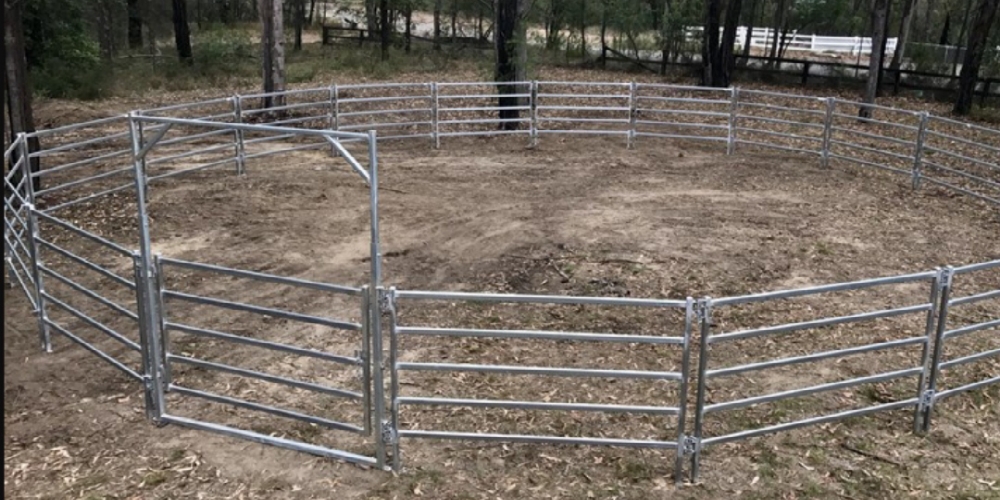Economic changes are unavoidable and affect many businesses, including the sale of fecon mulchs. Fecon mulches are used in land management and forestry to restrict plant growth, increase soil quality, and keep the environment balanced. To understand how the economic slowdown may affect this specialized sector, a few risks must be considered.
Reduced Budgets for Land Management
Whenever there is an economic hardship, many organizations and governments are forced to cut down on their budgets. This often results in cuts on the budget that is allocated for land management as well as environmental conservation initiatives. Some of these activities include the use of Fecon mulches which may be affected by the change as the demand may go down.
Lower Construction and Development Activity
It is well known that economic downturns have a significant impact on the building and real estate industries. Fecon mulches are utilized in land clearing and building preparation, hence reducing these activities will result in a decline in mulch sales. There are cases where builders and developers may decide to postpone their projects or reduce their expenses such as the expenses incurred in mulching.
Decreased Consumer Spending
It is critical to recognize that amid bad economic times, the consumer’s capacity to spend on non-essential things is severely limited. Fecon mulches are purchased not just by corporations and governments, but also by individuals for landscaping and garden development. It can thus be seen that the consumption expenditure can affect the sales as fewer people would spend on home improvement.
Increased Competition and Price Pressure
Hard times in the economy are likely to result in more competition among suppliers. When sales reduce, the companies may decide to reduce the prices that they offer to the market and therefore the profit margin is affected. The Fecon mulch sellers may be pressured to give some offers such as discounts or promotions, which affects their solvency.
Challenges in Securing Funding
Most of the organizations that utilize Fecon mulches include non-profit organizations and environmental conservation organizations which source their funding from grants and donations. In periods of economic decline, funds for these groups are likely to be cut down implying low purchasing power for mulches. This can lead to reduced funding which in turn leads to fewer projects that will need the Fecon mulches.
Impact on Supply Chains
Challenges in the economic front may lead to disruptions in the supply of raw materials that are essential in the manufacture of Fecon mulches. Any rise in the costs or delay in access to these materials results in high prices for the consumer, which may lower the demand.
Shift in Priorities
In such phases, the organization and people’s focus shifts to basic needs rather than luxury projects and other unnecessary activities. Other activities such as land management may be relegated to the background hence the reduced frequency of use of Fecon mulches. This shift can lead to a decrease in sales.
Conclusion
The decrease in demand for Fecon mulch can be recognized by factors such as budget cuts, reduced construction activity, lower consumer spending, competition, and funding. Such conditions make it rather challenging for companies in this industry to operate and find ways of minimizing the effects of economic fluctuations. With the knowledge of these risk factors, Fecon mulch sellers are in a better position to address economic changes that may affect their business with the hope of continuing their business regardless of the economic conditions.















